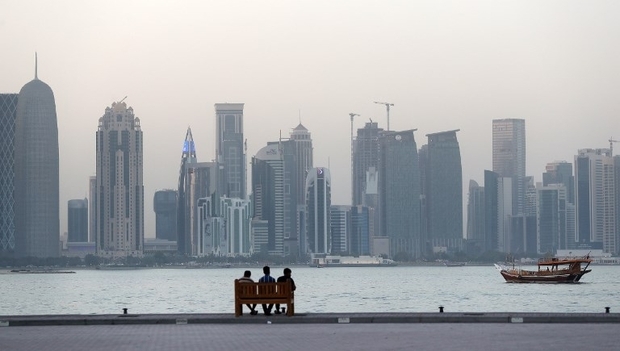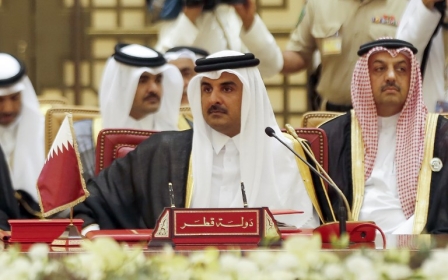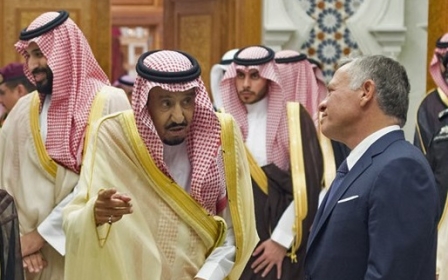Qatar takes UAE to UN human rights court over boycott

The government of Qatar took the United Arab Emirates to the United Nations' International Court of Justice (ICJ) on Monday, accusing it of human rights violations as a result of a boycott enacted last year.
The UAE, Saudi Arabia, Bahrain and Egypt imposed a boycott on Qatar in June 2017, severing diplomatic and transport ties with the tiny, rich state, accusing it of supporting terrorism.
Doha denies the allegations and says the pressure is aimed at stripping it of its sovereignty.
"As set forth in detail in Qatar’s application to the International Court, the UAE led these actions, which have had a devastating effect on the human rights of Qataris and residents of Qatar," the government said in a statement.
The UAE's foreign minister, Anwar Gargash, in a post on Twitter, dismissed the claims as another of Doha's "lies".
The Qatari government said the UAE enacted a series of measures that discriminate against Qataris, including expelling them from the UAE, prohibiting them from entering or passing through the UAE, ordering UAE nationals to leave Qatar, and closing UAE airspace and seaports to Qatar.
Qatar said it believed the actions were in violation of the International Convention on the Elimination of All Forms of Racial Discrimination (CERD) - including discrimination on the basis of nationality - of which the UAE and Qatar are both signatories.
Saudi Arabia, Bahrain and Egypt are not signatories of the CERD convention.
Qatar requested that the court order force the UAE to take steps to comply with its obligations under the CERD, ceasing and revoking the measures and restoring the rights of Qataris.
It also requested that the UAE makes reparations, including compensation, but gave no details of the amount it might be seeking.
As MEE reported last month, the International Monetary Fund has deemed the economic effects of the blockade against Qatar to be "transitory," worth around $40bn in losses that have been offset by cash injections from the central bank and Qatar's sovereign wealth fund.
New MEE newsletter: Jerusalem Dispatch
Sign up to get the latest insights and analysis on Israel-Palestine, alongside Turkey Unpacked and other MEE newsletters
Middle East Eye delivers independent and unrivalled coverage and analysis of the Middle East, North Africa and beyond. To learn more about republishing this content and the associated fees, please fill out this form. More about MEE can be found here.




